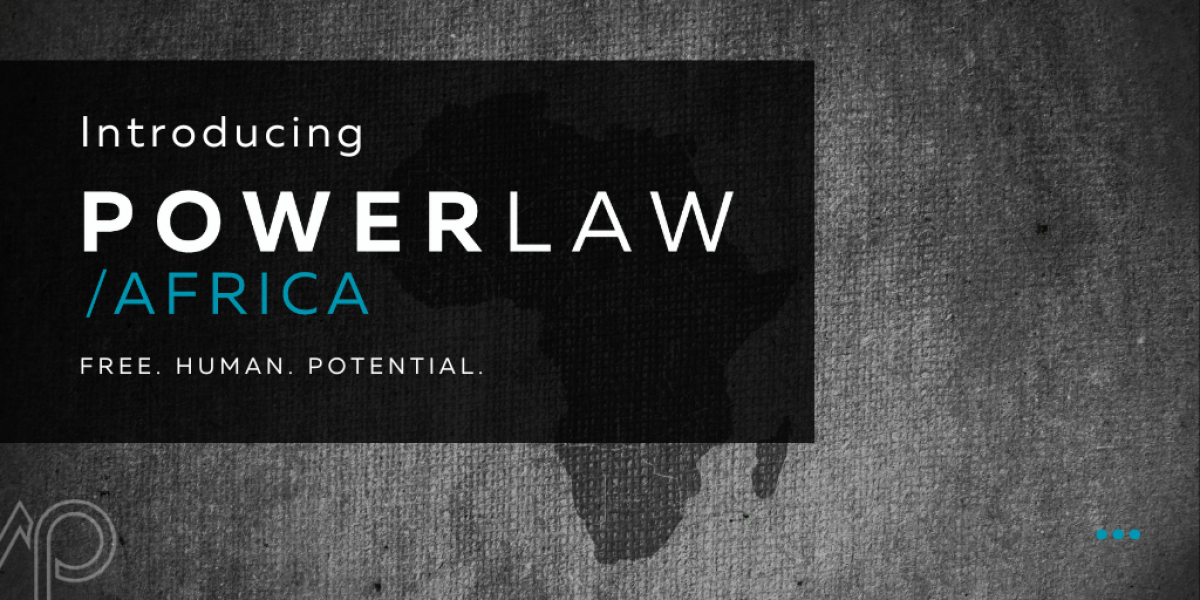Group of UN Experts calls for moratorium on surveillance technology
A group of UN experts has called for a global moratorium on the sale and transfer of surveillance technology in the wake of the recent Pegasus scandal, in which a group of journalists and activists revealed the widespread abuse of surveillance technology to surveil journalists, human rights defenders and political leaders, including a number of heads of state such as South Africa’s President Cyril Ramaphosa.
The Pegasus scandal is an example of how surveillance tools are increasingly being used to monitor, intimidate, and silence human rights defenders, journalists, and political opponents. Noting that these practices constitute a violation of the rights to freedom of expression, privacy and liberty, the experts called for all sales to be halted until robust regulations can be put in place that guarantee surveillance technology will be used in compliance with international human rights standards.
The group includes the Special Rapporteurs on the promotion and protection of the right to freedom of expression, on the situation of human rights defenders, and on the rights to freedom of peaceful assembly and of association, the UN Working Group on the issue of human rights and transnational corporations and other business enterprises, as well as a number of other prominent individuals.
The latest development joins a chorus of similar calls for a moratorium, such as that issued by the UN Special Rapporteur on contemporary forms of racism, racial discrimination, xenophobia, and related intolerance in 2020, and by the Special Rapporteur on the promotion and protection of the right to freedom of opinion and expression in 2019.
Some of the safeguards experts are calling for include human rights due diligence mandates, independent oversight through the use only of systems that are ‘auditable,’ and full transparency over the use of surveillance tools such as image recordings and facial recognition technology.
The Pegasus software is malware that infects phones to enable the extraction of messages, photos, and emails, the recording of phone calls, and secret activation of the phones’ microphones. The providers of the software, Israeli company NSO Group, argues that it sells only to military, law enforcements and intelligence agencies and rigorously vets its customer’s human rights records before allowing them to use its tools. Despite this, there is evidence to suggest that the tools have nonetheless been used in a wide range of countries by governments to target political opponents and dissidents, including journalists and politicians from other countries.
The Press Release can be accessed here.
Please note: The information contained in this note is for general guidance on matters of interest, and does not constitute legal advice. For any enquiries, please contact us at [email protected].





